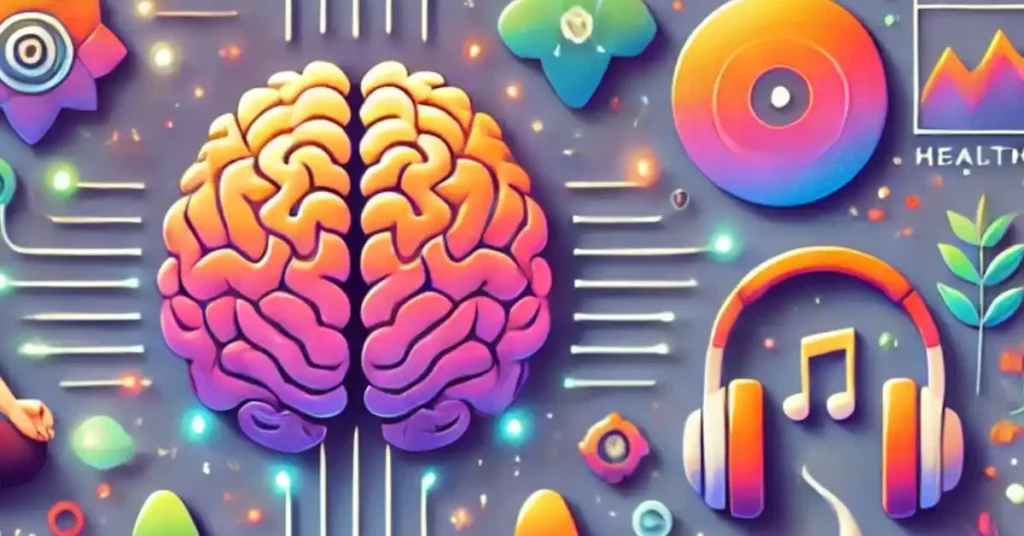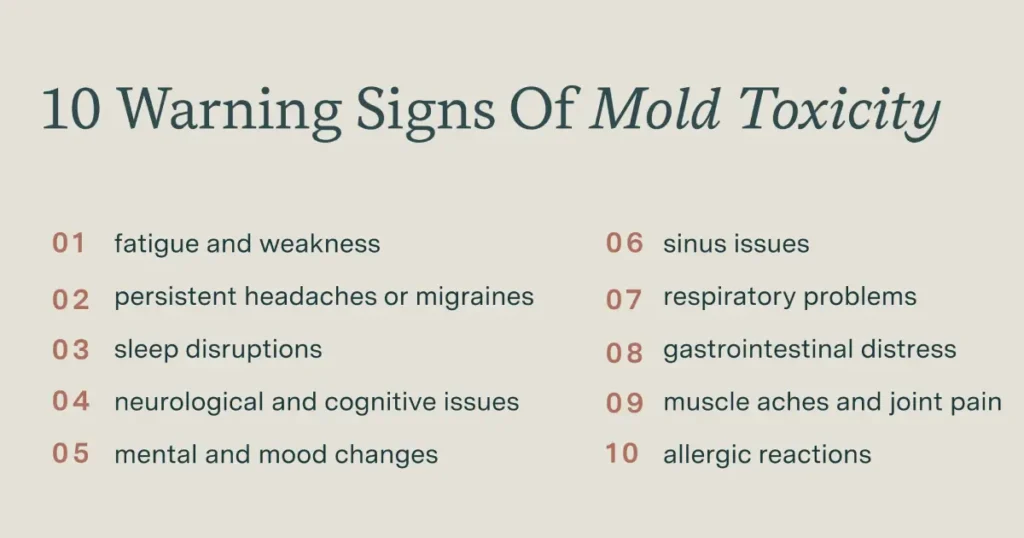Concentration is a intellectual ability vital for achievement in every place of lifestyles. Whether you are studying, running, or engaging in interests, the potential to awareness is prime. But retaining attention may be difficult due to distractions, fatigue, or underlying conditions. This guide covers 14 actionable tips to improve your concentration, supported by research and practical advice.
What Is Concentration?
Concentration refers back to the mental effort you devote to a selected task. It’s often confused with interest span, which measures how long you can recognition on something. Both can be motivated by various factors, along with age, sleep satisfactory, health, and external distractions.
Improving your attention is a slow method that calls for implementing powerful strategies.
Let’s explore the methods that can help.
1. Train Your Brain
Engaging in brain-education activities can improve focus and cognitive features like memory and hassle-fixing.
- Games to Try: Sudoku, crossword puzzles, chess, jigsaw puzzles, memory games.
- How Often: A have a look at suggests spending 15 minutes every day, five days every week, on mind-schooling activities for substantial improvement.
- For Kids: Activities like coloring, puzzles, or reminiscence games can assist enhance their awareness in fun and interactive approaches.
- For Older Adults: Brain-training video games may gradual cognitive decline. Studies show cognitive education periods can improve memory and processing abilties even 10 years later.
2. Play Video Games
Video video games, while used as it should be, may additionally decorate attention and visible selective interest (VSA).
- A 2021 study located gaming should assist individuals awareness on duties even as ignoring distractions.
- A 2017 overview suggested that gaming may boost interest and trouble-fixing abilities.
Choose video games that require strategic wondering or fast choice-making for maximum gain.
3. Get Adequate Sleep
Lack of sleep can disrupt attention, reminiscence, and trouble-solving abilties. Aim for 7-8 hours of first-rate sleep each night.
Tips for Better Sleep:
- Turn off electronic displays an hour before bed.
- Maintain a steady sleep schedule, even on weekends.
- Create a calming bedtime recurring, such as studying or meditating.
4. Exercise Regularly
Physical hobby blessings not just the body but additionally the brain. Regular exercise improves cognitive capabilities, memory, and focus.
How to Incorporate Exercise:
- Walk or bike instead of driving short distances.
- Take brief exercise breaks during work.
- Engage in aerobic exercises like jogging or cycling for at least 2.5 hours per week.
5. Spend Time in Nature
Spending time exterior can improve cognizance and intellectual clarity. Studies advocate exposure to greenery and herbal environments boosts cognitive overall performance and mood.
Quick Tips:
- Add indoor plants to your workspace.
- Take a daily walk in a park or garden.
- Allow kids to play in natural environments for added cognitive benefits.
6. Try Meditation
Mindfulness and meditation enhance brain organization, improving attention and focus.
Getting Started:
- Practice deep breathing for 5-10 minutes daily.
- Try yoga, which combines physical activity with mindfulness.
- Explore apps or videos for guided meditation sessions.
7. Take Short Breaks
Taking short breaks during work or study sessions can refresh your mind and improve focus.
Techniques to Try:
- Work for 25 minutes, then take a 5-minute break (Pomodoro technique).
- Step outside for fresh air or enjoy a healthy snack during breaks.
8. Listen to Music or White Noise
Music or ambient sounds can help maintain concentration by masking distracting noises.
Tips for Choosing Music:
- Opt for instrumental tracks.
- Keep the volume low.
- Try nature sounds or white noise if music is distracting.
9. Maintain a Balanced Diet
What you eat affects your brain’s performance. A healthy diet can boost concentration.
Brain-Boosting Foods:
- Fatty fish like salmon.
- Berries (blueberries, strawberries).
- Leafy greens such as spinach.
- Nuts and seeds.
Stay hydrated to maintain optimal cognitive function.
10. Use Caffeine Strategically
Caffeine can provide a temporary boost in focus and alertness.
Sources of Caffeine:
- Coffee or green tea.
- Dark chocolate (70% cacao or higher).
Consume caffeine in moderation to avoid dependency or negative side effects.
11. Consider Supplements
Certain supplements may support concentration and brain health. Examples include:
- Omega-3 fatty acids.
- Ginkgo biloba.
- Bacopa monnieri.
- Ginseng.
Caution: Always consult a healthcare professional before trying supplements, as they may interact with medications or have side effects.
12. Practice Concentration Workouts
Concentration workouts help train your mind to focus for extended periods.
Ideas for Exercises:
- Draw or doodle for 15 minutes without distractions.
- Try not to blink for 3-5 minutes while focusing on an object.
- Toss a ball or balloon back and forth with a partner.
13. Avoid Multitasking
Multitasking divides your attention, reducing overall efficiency and focus. Instead, tackle one task at a time for better results.
Tips to Avoid Multitasking:
- Use a to-do list to prioritize tasks.
- Set specific times for checking emails or social media.
14. Set Timers and Use Productivity Tools
Time management can significantly enhance concentration.
Tools to Try:
- Pomodoro timers for structured work sessions.
- Apps like “Forest” to discourage phone usage during focus time.
Blocking specific time slots for tasks can help you maintain focus and meet deadlines.
Also Read: What to Eat to Define Six-Pack Through Diet
Conditions That May Affect Concentration
If you’ve tried multiple techniques but still struggle to focus, consider underlying health issues such as:
- ADHD or brain fog.
- Vision problems or mental health concerns.
- Medication side effects.
Consult a healthcare professional for a thorough evaluation and tailored advice.


